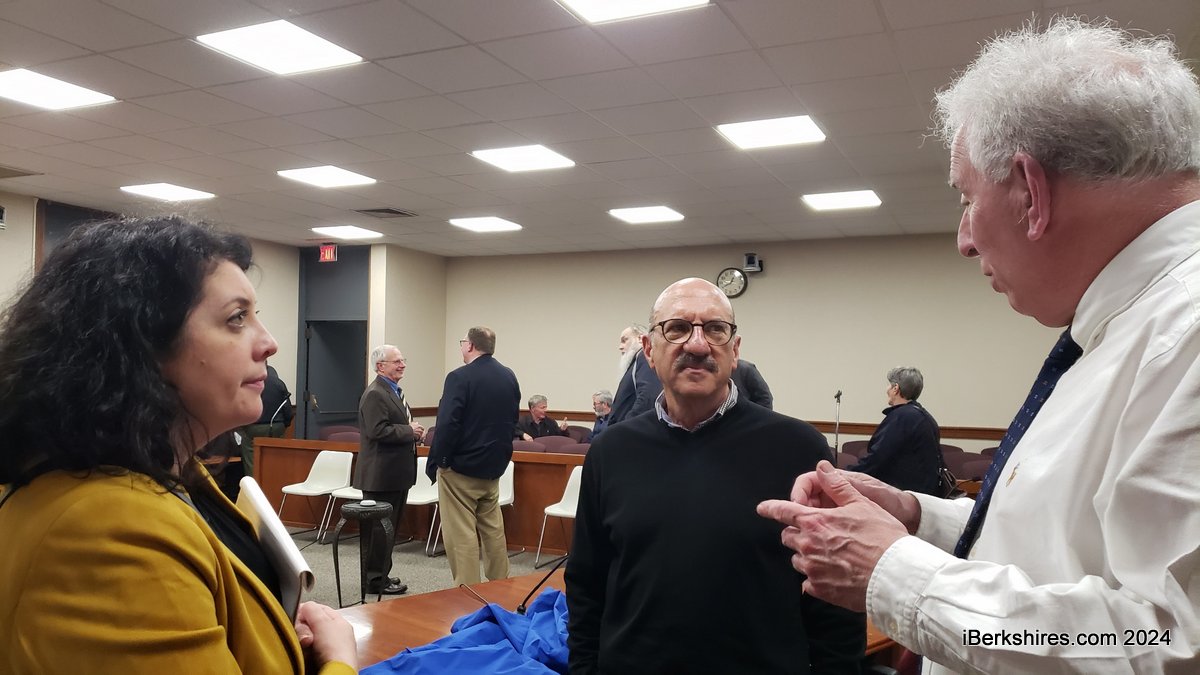
What Should Retirees Consider Doing in a Down Market?
 |
The health aspect of the coronavirus affects everyone – we're all concerned about our well-being and those of our loved ones and communities. However, the economic impact may vary among different age groups – and if you're retired or about to retire, you might have some special concerns about starting to draw income from your investments when the financial markets are down. What moves should you consider making?
Here are a few suggestions:
* Review your strategy (and avoid making major changes). During a market downturn, you might be tempted to "do something" – and for many people, that "something" is selling stocks to cut their losses. But this is more of an emotional response than a logical one, because your stocks are long-term investments, and by selling them when they are down, you're basically locking in your losses. Instead, try to address your current income needs by the cash, cash equivalents and short-term fixed-income investments in your portfolio, along with other sources, such as Social Security, dividends and interest, and even your pension, if you have one.
* Review your withdrawal rate. When you retire, you need to determine how much you can withdraw each year from your retirement accounts, such as your IRA and 401(k), without running the risk of outliving your money. Before the market downturn, you might have established an appropriate withdrawal rate for your needs. Suppose, for example, this rate was 4 percent. However, given the recent fluctuations in the markets, your portfolio's value may have declined, meaning your withdrawals may be higher as a percentage of your portfolio. Therefore, you might consider adjusting your withdrawal rate downward, or, as an alternative, look for ways to cut down on your spending in the short term. With the stay-at-home measures being undertaken across the country, you may already have cut down spending in areas such as traveling, entertainment and dining out, so you may only have to make a few adjustments.
* Review your reliance rate. Your reliance rate is how much you rely on your investment portfolio for your income needs. For example, if you need $60,000 in income each year and you are getting $40,000 of that from your portfolio, your reliance rate is 66 percent. The higher your reliance rate, the more sensitive you may be to fluctuations in investment prices. If your risk tolerance has been greatly tested by the recent downturn and you don't have much flexibility with your expenses, you might look for ways of lowering your reliance rate, such as certain annuities, which can provide a guaranteed lifetime income regardless of what’s happing in the financial markets.
You may want to consult with a financial professional to discuss the above suggestions and determine what other moves you might need to make. As a retiree, or near-retiree, it can be unsettling to start tapping into your resources when the financial markets are so turbulent. But if you have prepared or you are willing to explore new courses of action, you can move into your golden years without getting unduly tarnished.
This article was written by Edward Jones for use by your local Edward Jones financial advisor. Courtesy of Rob Adams, 71 Main Street, North Adams, MA 01247, 413-664-9253.. Edward Jones, its employees and financial advisors cannot provide tax or legal advice. You should consult your attorney or qualified tax advisor regarding your situation. For more information, see EdwardJones.com.
















